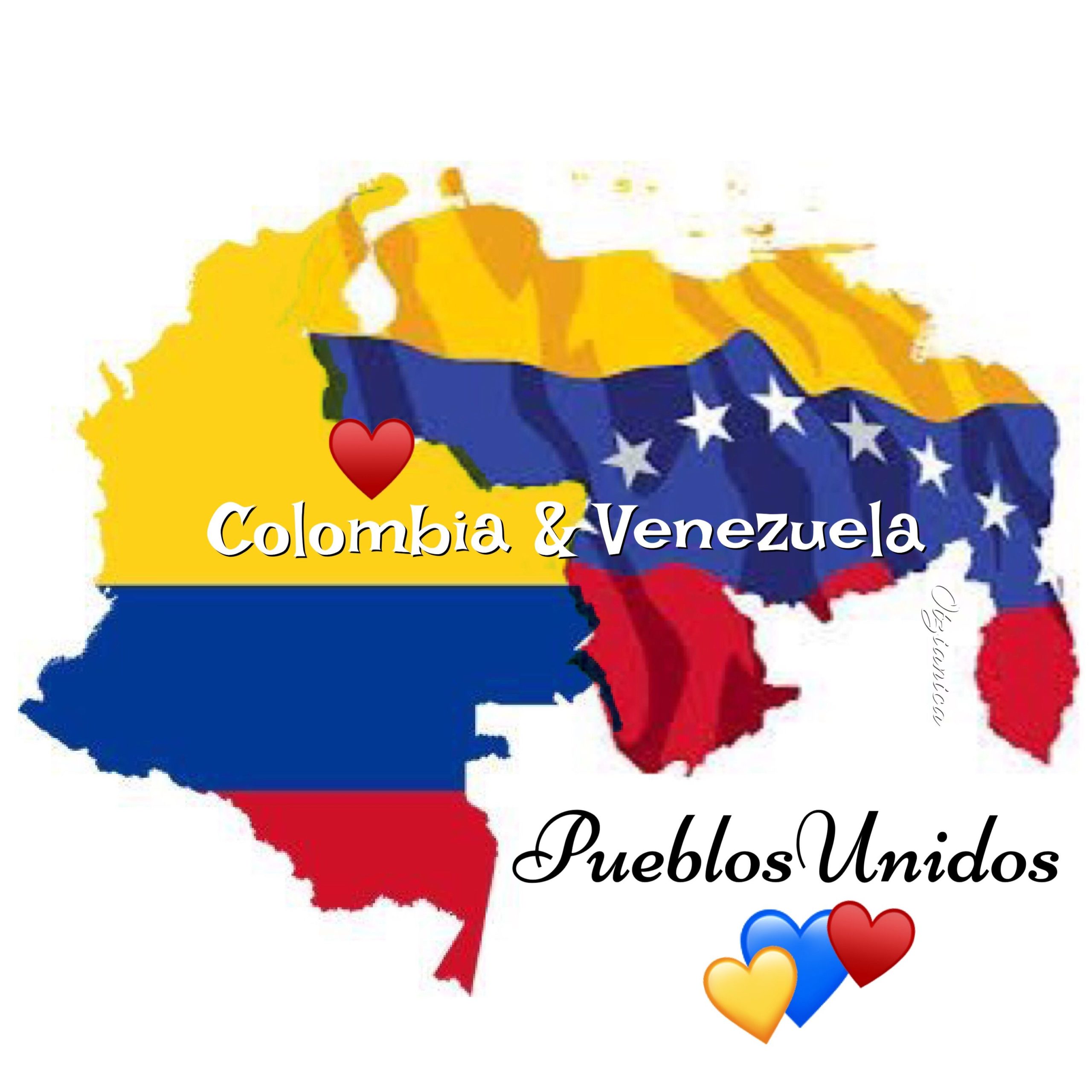(Opinion) Until three weeks ago, Venezuela and Colombia had no diplomatic relations. But life takes some radical turns, and politics is not exempt from such abrupt changes.
With Gustavo Petro taking power in the Casa de Nariño, the situation between Bogotá and Caracas has eased to the point where both countries have ambassadors, plan to expand their trade relations, and will reopen the border on Sept. 26, but also that their presidents will meet.
And it even happened that Petro asked his counterpart, Nicolás Maduro, to play the role of guarantor in peace negotiations with the National Liberation Army (ELN).

“Venezuela accepts the role of guarantor for the ELN. We will use our best will in the name of God the Father Almighty,” Maduro said in a televised broadcast.
The proposal makes sense, given the ELN’s presence in border areas and headaches on both sides.
“Venezuela participated in the negotiations with the FARC in Havana, so it has a wealth of experience that could be crucial for the talks to go smoothly,” Colombian political scientist Sebastián Ronderos, an academic at the University of Essex in England, told DW.
Moreover, he adds, “Venezuela is an important border actor in areas where violent dynamics have developed, and its presence at the negotiations serves to build confidence and strengthen implementation in a post-conflict scenario.”
BELOVED AND ACCEPTED IN VENEZUELA
Venezuelan political scientist Félix Seijas shares this view.
“The ELN has important operations in Venezuela; therefore, the Venezuelan government has a big say. I don’t think it’s a symbolic gesture because, in the case of the ELN in particular, Venezuela has a say,” he tells DW.
“The ELN’s presence is so important in some areas of Venezuela that there are sectors where they are practically the authority. People accept and love them because they feel they provide more security than the Venezuelan Armed Forces themselves. This is well known; it’s not a secret,” Seijas says.
The change in tone between the two countries, whose dialogue in recent months has been characterized by an aggressive rather than conciliatory mood, is due to several factors: political, social, commercial, military, and humanitarian.
Ronderos explains that the diplomatic rift has had no small impact on internal dynamics.
The Colombian government of Iván Duque’s center-right regime tried to “reinforce an atmosphere of isolation of Nicolás Maduro that would change the balance of power within Venezuela,” Ronderos says, which ultimately did not happen.
Trend reversal in international relations
TREND REVERSAL
The economic sphere was also affected, as the closure of the borders weakened small and medium-sized traders, affected the production of fertilizers, and led to “an increase in violence due to the presence of violent paramilitary actors and an increase in coca cultivation in Colombia,” explains the University of Essex scholar.
For this reason, the arrival of Petro did not come as a surprise since the current president had already stated during his campaign for the 2018 presidential elections that he would protect the peace accords and change the paradigm of international relations.
LEGITIMIZING MADURO AND CUBA
Does this rapprochement with Colombia further legitimize Maduro?
“No,” says Seijas. “It doesn’t legitimize anything; it just enters into a relationship with a government that is now a friend, with the same tendency that happened before with Argentina, Ecuador, and Bolivia.”
“This doesn’t change the game, and we must also keep in mind that Colombia has its interests, and Petro has given signs that he doesn’t want to make too much of an enemy of the United States,” said the Venezuelan analyst.
Does this change mean a rapprochement with Cuba rather than Venezuela?
“No,” says Ronderos. “I would not understand this approach as a rapprochement of Petrismo and Colombian progressivism with the Chavista or Cuban model,” he continues.
However, he does not doubt that this will be exploited by the opposition “in the discursive debate to claim that Petrismo has a similar tendency to Venezuela and Cuba.
We will have to wait and see the impact of this rhetorical dispute on the electorate.
With information from DW

